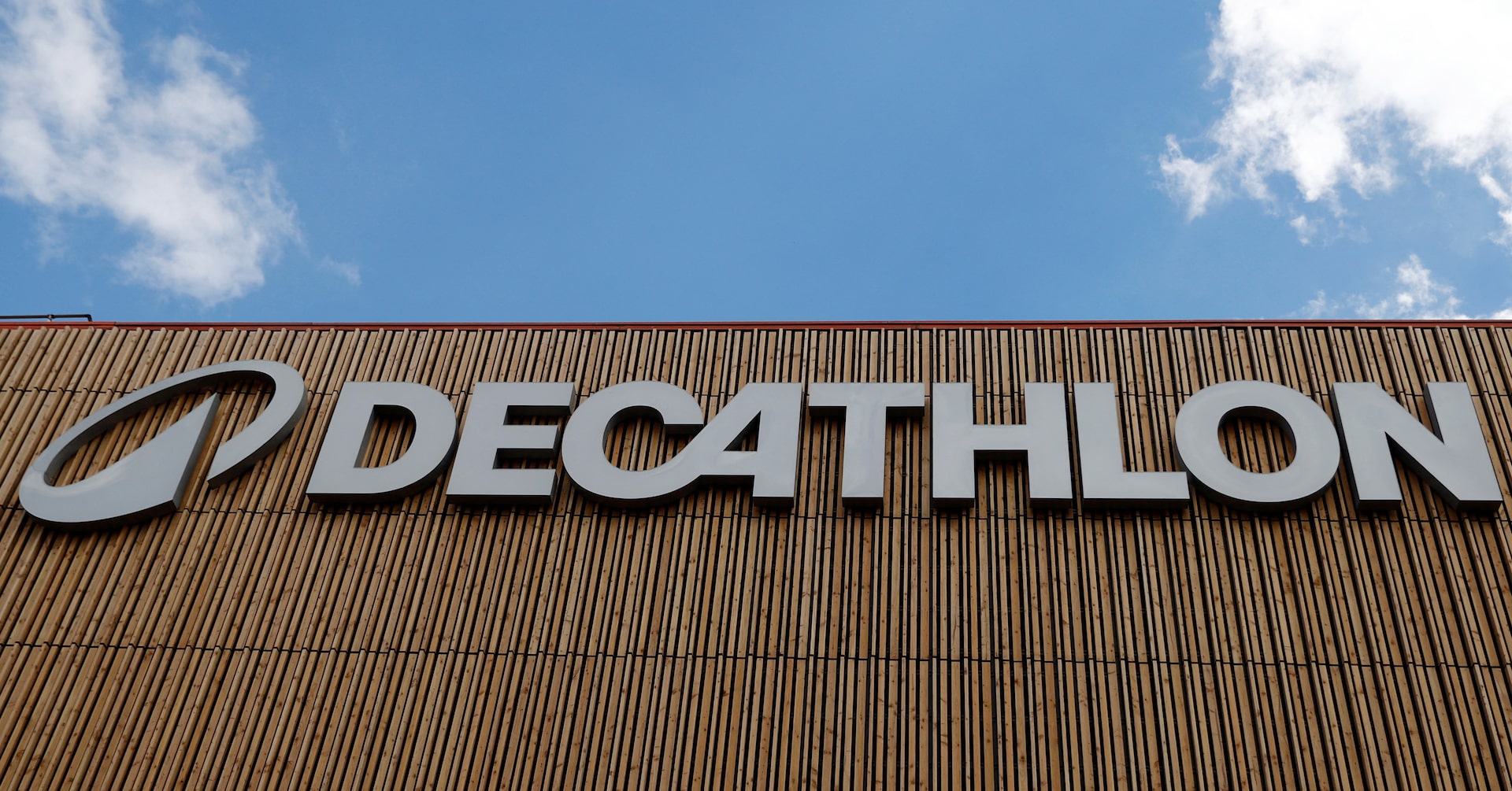Decathlon's China Gambit: Sporting Goods Giant Readies 30% Stake Sale in Strategic Pivot

Decathlon, the renowned French sporting goods retailer, is exploring a strategic move to divest approximately 30% of its Chinese operations. According to a recent Bloomberg News report, the potential sale could value the company's China business at a substantial $1 billion or more.
The strategic divestment signals Decathlon's nuanced approach to its Asian market presence, potentially attracting significant investor interest. By offering a minority stake, the company appears poised to maintain operational control while unlocking substantial financial value from its Chinese subsidiary.
This development comes at a time of increasing complexity in the Chinese market, with international brands carefully navigating economic shifts and regulatory landscapes. Decathlon's move could be interpreted as a calculated strategy to optimize its regional business structure and attract strategic investment.
While specific details of potential buyers remain undisclosed, the proposed transaction underscores Decathlon's dynamic approach to international expansion and capital management. Investors and market observers will likely be watching this potential sale with keen interest.
